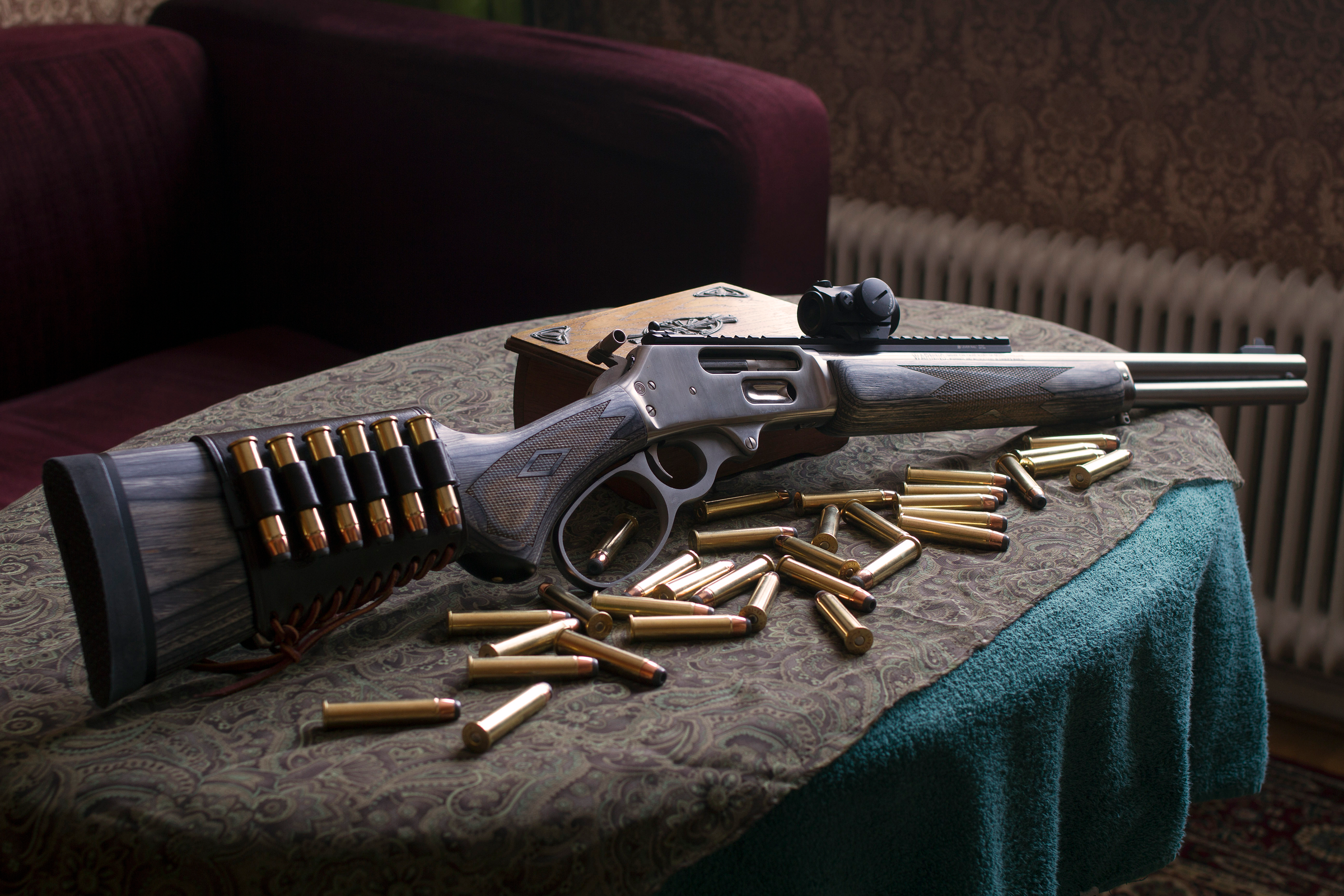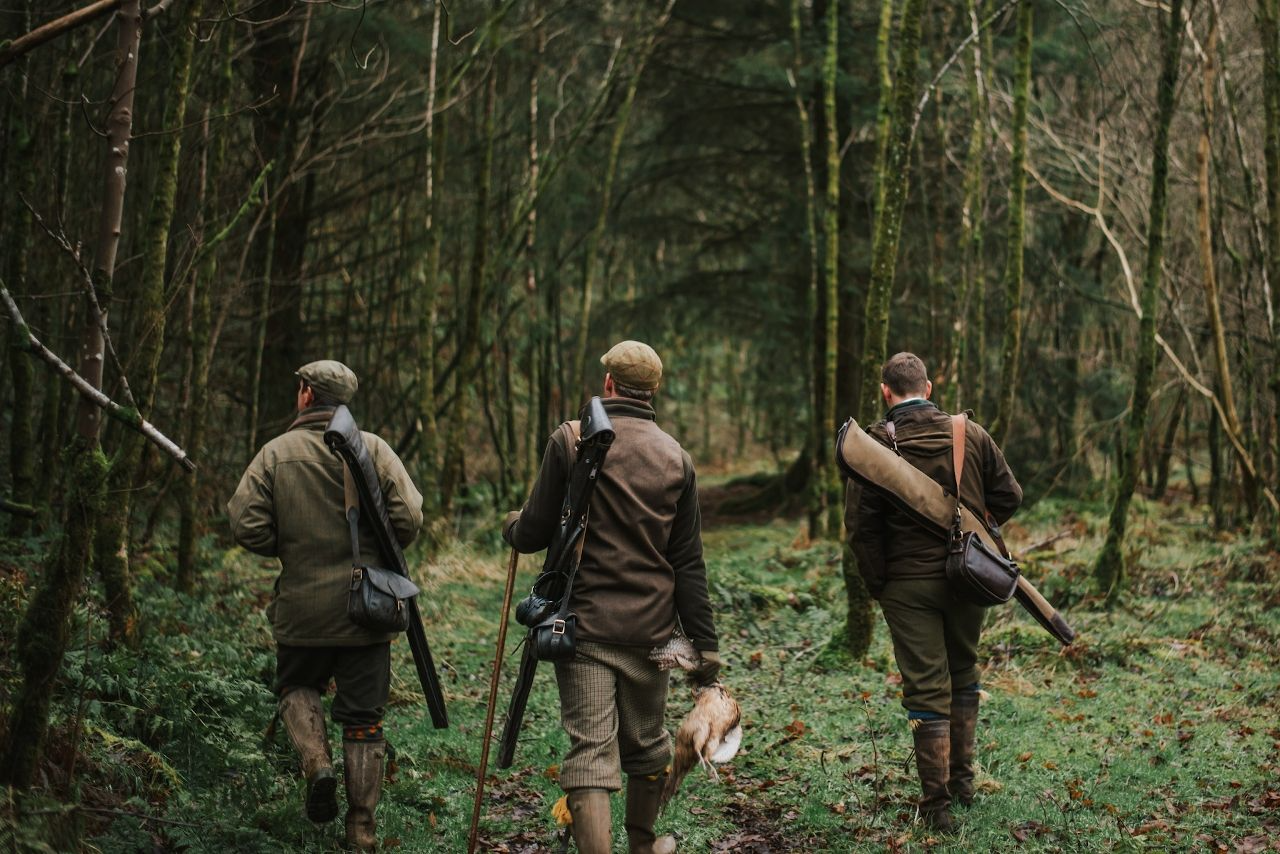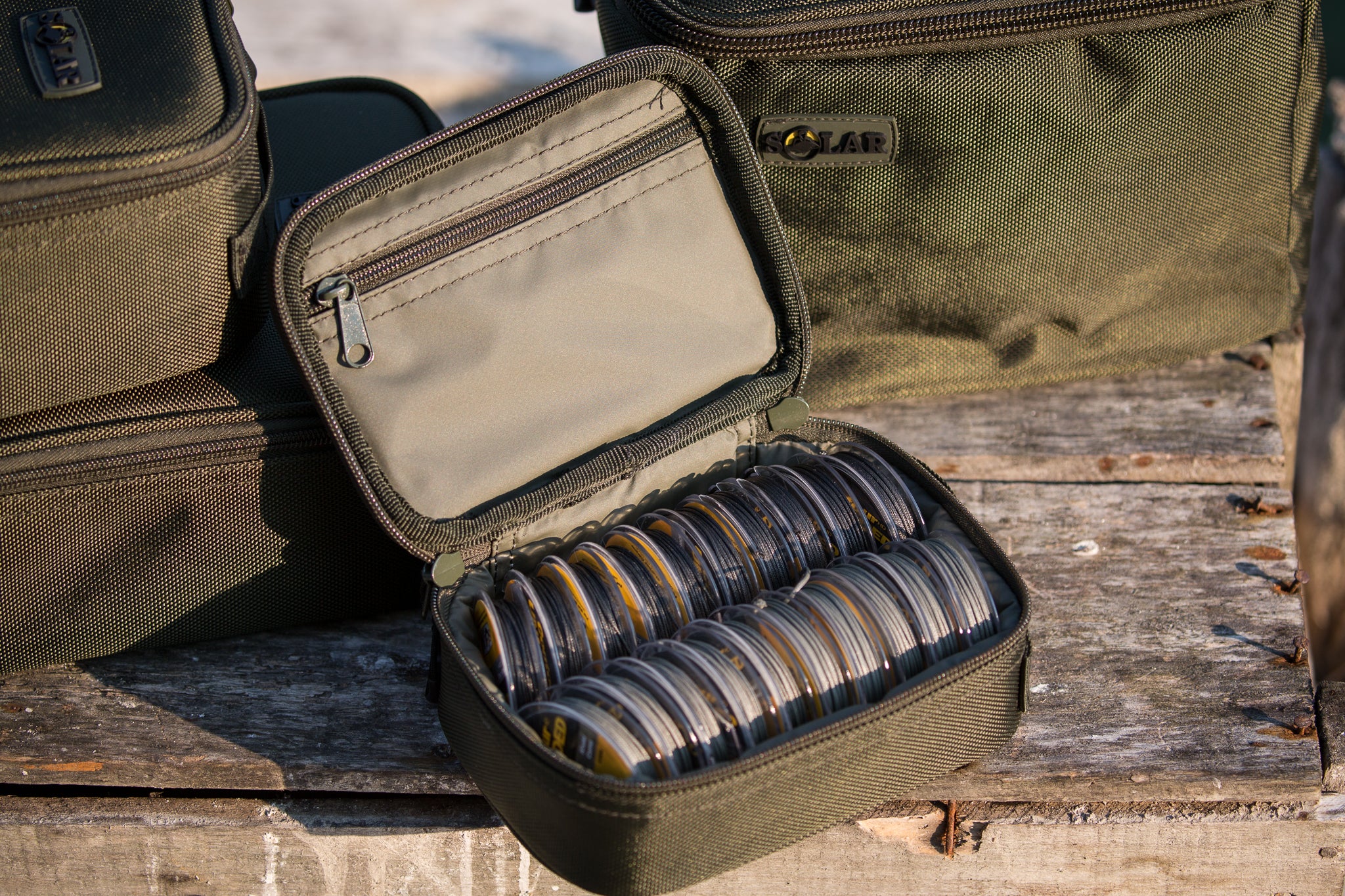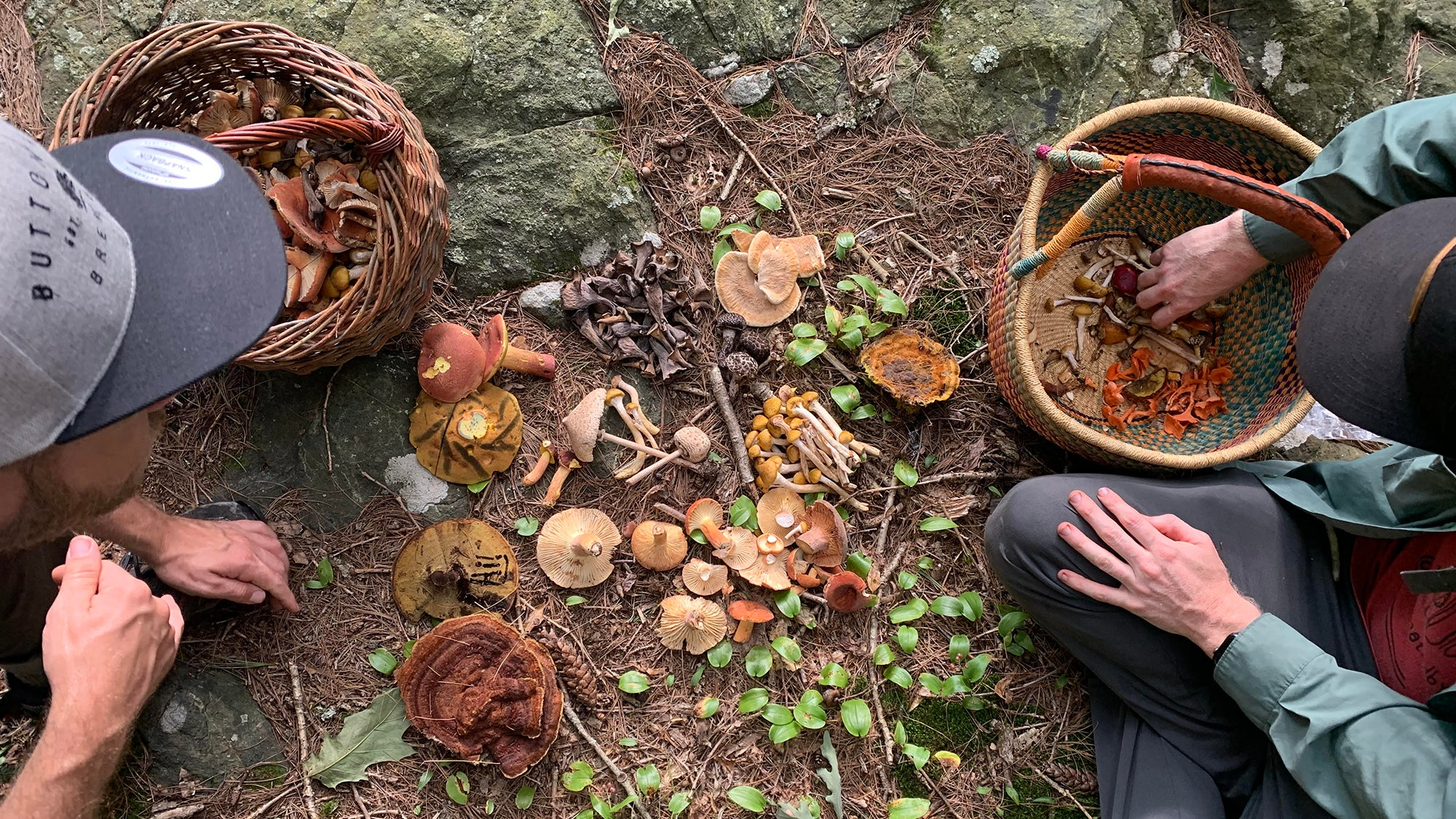hunter ·
hunting ·
mushroom hunting ·
mushroom hunting for beginners ·
mushroom hunting supplies ·
mushrooms ·
Mushroom hunting supplies

Congratulations on starting an interesting and useful hobby - mushroom picking. In one of our articles we already talked about how to start your mushroom hunting. And in this blog we want to share with you about mushroom hunting supplies.
Browse these articles:
Mushroom hunting supplies
Mushroom foraging is growing in popularity. Mushroom foraging is a naturally socially distant activity, keeps the mind and body active while spending time in nature, and, if you’re lucky, yields delicious mushrooms.
Mushroom foraging does not require much in the way of equipment to find and pick mushrooms.
However, there are a few key resources that are highly recommended.
Here’s what you’ll need:
- Mushroom foraging basket
- Pocket knife
A knife is necessary to clean up the stems of mushrooms, cut them to check for worms, and cleanly extract them from the ground.
- A garden trowel
Harvesting a complete specimen from the ground makes it easier to identify many species—specifically Boletes and Amanitas—and a knife can sometimes damage the base. For that reason, it’s helpful to carry a small trowel or a hand weeder to extract the whole mushroom.
- A cleaning tool
Bring along a paint brush or soft-bristle toothbrush to clean the tops, gills, ridges, and pores of your mushrooms after you’ve picked them. The less dirt that goes into your mushroom foraging basket, the less cleaning your mushrooms will require later.
- A permit
If you’re hunting on government land, a permit will likely be required. These permits are typically free and will allow foragers to collect a considerable amount of mushrooms; in some areas, that equates to two pounds per day.
In some areas, certain rare mushrooms may require a special permit.
- Water and snacks
Whenever you trek into the wilderness, whether you’re foraging in a forest or hiking on a mountain trail, be sure to bring along water. In order to stay properly hydrated, it is recommended to bring at least one liter of water for every hour you plan to spend outdoors.
You are likely to work up an appetite while foraging, and it is not advisable to snack on raw mushrooms. Bring light-weight, high-protein food, like jerky or nuts, to keep you energized.
Additionally, make sure to invest in a detailed mushroom guide. The biggest fear most people have when they begin foraging is meeting an ill-fate by mistakenly sampling the wrong type of mushroom.























